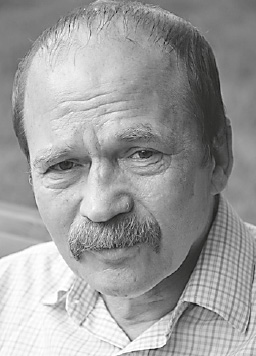Oleshkevich Valery I.

Sukharev Scientific and Practical Centre for the Mental Health of Children and Adolescents,
Moscow, Russia
-
Social-psychological therapeutic-developmental environment for a problem child: history and contemporary design possibilitiesLomonosov Psychology Journal, 2020, 3. p. 262-290read more3553
-
Relevance. It can still be seen in contemporary studies that the difficulties of problem children are explored in an isolated manner, without any connection to the research on social-psychological practices of aid and correction.
The goal of the article is to integrate the approaches aimed at understanding a problem child with main organizational practices of medical, psychological and pedagogical help. The phenomenon of a problem child is being looked at in the context of developing a project-oriented approach in cultural-historical psychology.
Methods. The article uses the method of analyzing historically formed views on understanding a difficult child together with studying major views on organizing and structuring practical medical, psychological and educational help. The research was aimed at finding common features both in studies on different groups of problem children and that of different types of practices.
Results and conclusions. In the course of the historical-analytical study the authors highlighted main principles in structuring the rehabilitation of problem children and adolescents, showed the directions of the latest research. These principles are described as social structures and may serve as basis for designing and later constructing required social-psychological and therapeutically-developing environments for problem children. These social structures are actively involved in shaping the child’s mental organization. They are expressed in the external social relations which can be described and later organized in a particular way to help a child to overcome the existing difficulties. These social relations can be described on different levels: microsocial (interpersonal relations) and macrosocial (different social groups and stratas, subcultures, mass social processes in the society). It allows to integrate the existing research in a cross-disciplinary field. In such systematic studies, one language can be used to describe difficulties of problem children as well as therapeutic environments most suitable for their correction. Thus, it opens up a new possibility to elaborate on project-oriented approach constructed on the basis of cultural-historical psychology.
Keywords: problem child; children with disabilities; theurapeutic; psychological and pedagogical support practices for children and adolescents; cultural-historical psychology; socialization DOI: 10.11621/vsp.2020.03.12
-









